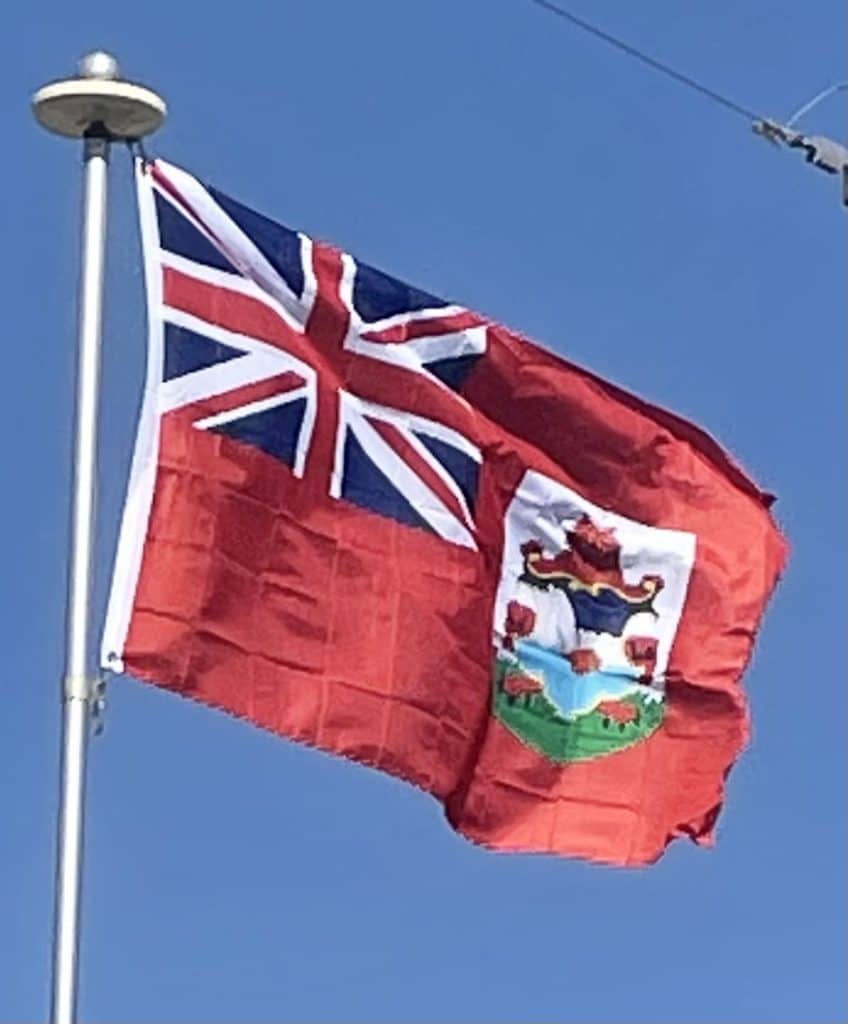In 1615, the colony, which had been renamed the Somers Isles in commemoration of Sir George Somers, was passed on to a new company, the Somers Isles Company. As Bermudians settled the Carolina Colony and contributed to establishing other English colonies in the Americas, several other locations were named after the archipelago. During this period the first enslaved people were held and trafficked to the islands. These were a mixture of enslaved native Africans who were trafficked to the Americas via the African slave trade and Native Americans who were enslaved from the Thirteen Colonies.
The archipelago’s limited land area and resources led to the creation of what may be the earliest conservation laws of the New World. In 1616 and 1620 acts were passed banning the hunting of certain birds and young tortoises.
Civil War:
In 1649, the English Civil War was taking place and King Charles I was beheaded in Whitehall, London. The conflict spilled over into Bermuda, where most of the colonists developed a strong sense of devotion to the Crown. The royalists ousted the Somers Isles Company’s Governor, and elected John Trimingham as their leader. Bermuda’s civil war was ended by militias, and dissenters were pushed to settle The Bahamas under William Sayle.
The royalist colonies were also threatened with invasion. The Government of Bermuda eventually reached an agreement with the Parliament of England which left the status quo in Bermuda.
Later 17th century:

Bermudians rapidly abandoned agriculture for shipbuilding, replanting farmland with the native juniper (Juniperus bermudiana, called Bermuda cedar) trees that grew thickly over the entire island. Establishing effective control over the Turks Islands, Bermudians deforested their landscape to begin the salt trade. It became the world’s largest and remained the cornerstone of Bermuda’s economy for the next century. Bermudians also vigorously pursued whaling, privateering, and the merchant trade.
Bermuda and the American War of Independence:
Bermuda’s ambivalence towards the American rebellion changed in September 1774, when the Continental Congress resolved to ban trade with Great Britain, Ireland, and the West Indies after 10 September 1775. Such an embargo would mean the collapse of their intercolonial commerce, famine and civil unrest. Lacking political channels with Great Britain, the Tucker Family met in May 1775 with eight other parishioners, and resolved to send delegates to the Continental Congress in July, aiming for an exemption from the ban. Henry Tucker noted a clause in the ban which allowed the exchange of American goods for military supplies. The clause was confirmed by Benjamin Franklin when Tucker met with the Pennsylvania Committee of Safety. Independently, others confirmed this business arrangement with Peyton Randolph, the Charlestown Committee of Safety, and George Washington.

